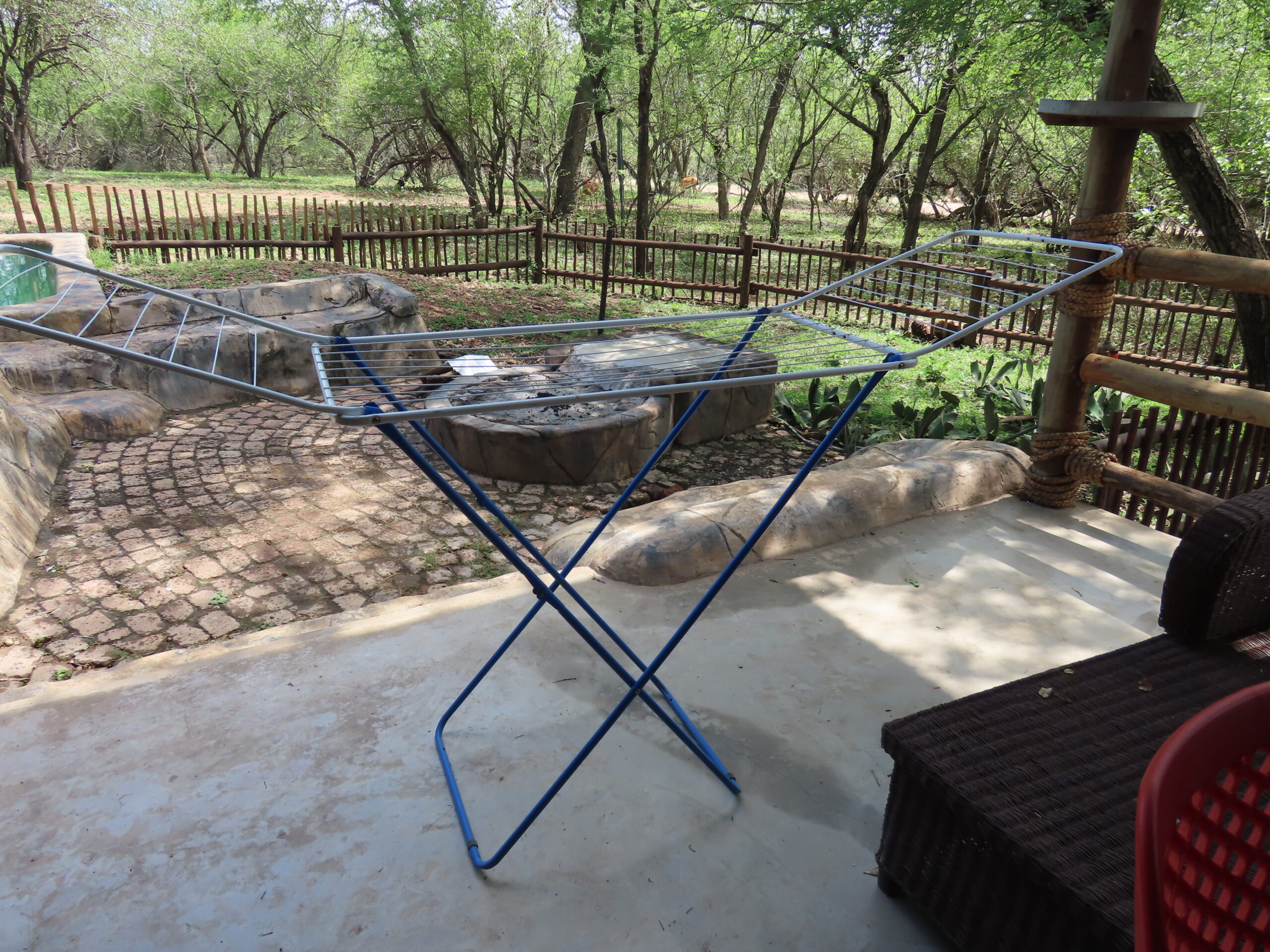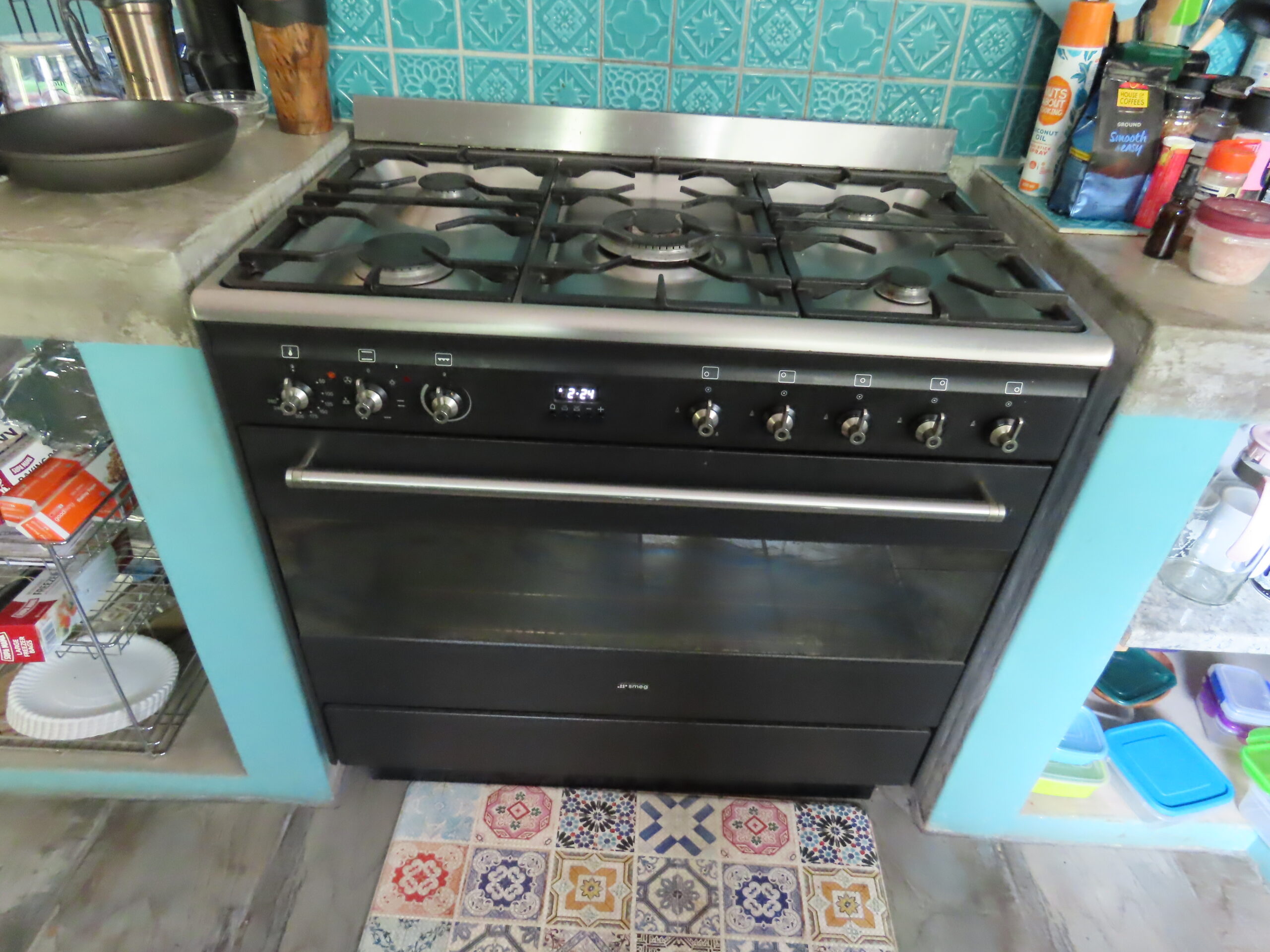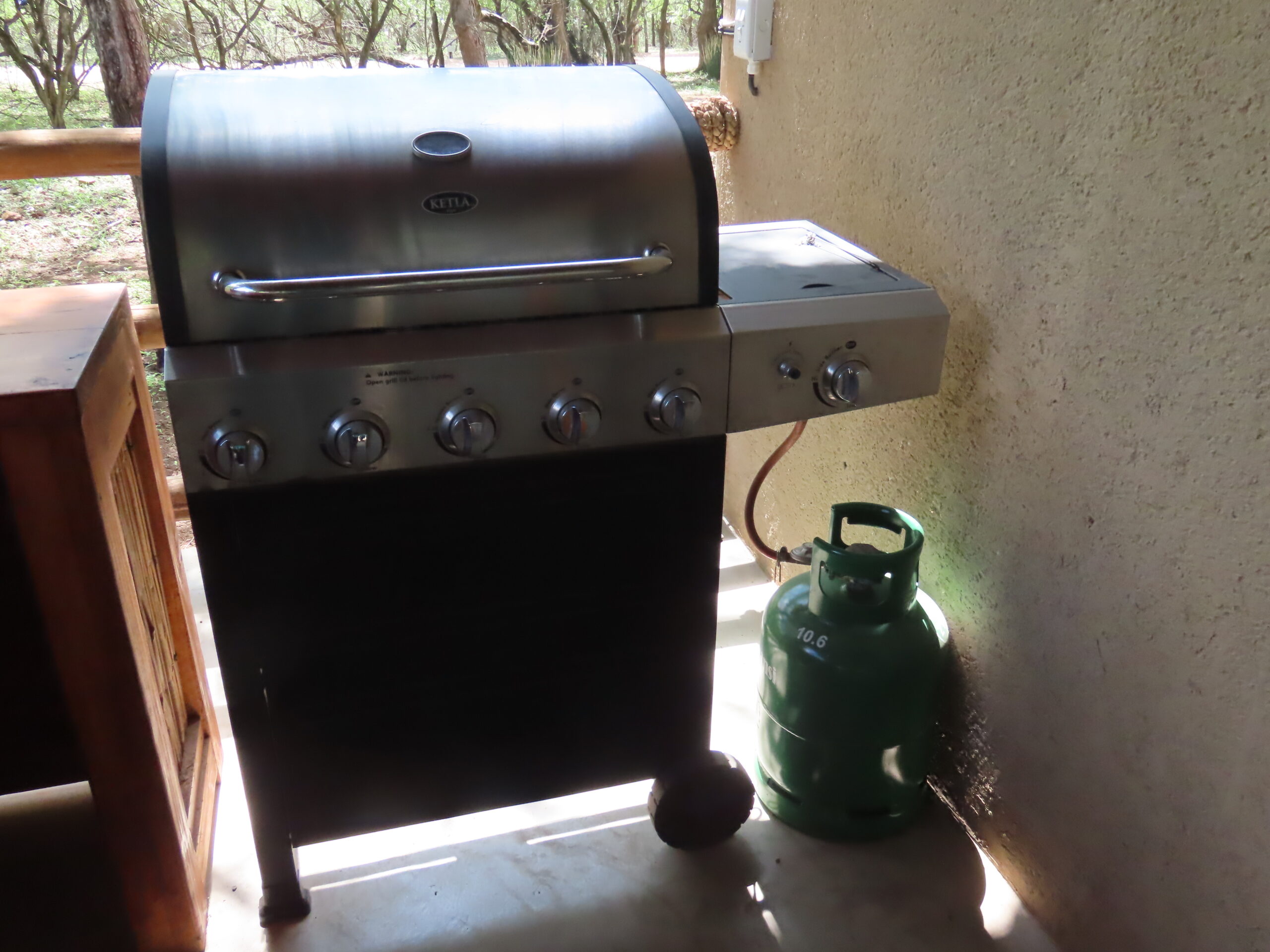
A reader wrote a few days ago, asking to see photos of household items we frequently use, some similar to our old lives in the US and others not so much. Thus, I decided that from time to time, I would post a few photos of such items we deal with almost every day.
Since I was doing laundry today and the drying rack was up (Tom puts it up and takes it down each time we do laundry, so we don’t have to look at it when not in use), I thought today would be as good as any day to take a few photos and share them with our readers. Some may find this boring and unimportant.

But, as world travelers, we’ve had to accustom ourselves to household items that may differ from what we used in our old lives. Doing laundry was at the top of our list of differences from our old lives for the following reasons:
- No hot water is available to the outdoor washer to keep costs down
- There is no clothes dryer. Without a dryer, some items end up wrinkled, which may not have been with the use of a dryer. I don’t iron, so I hang those items on hangers, smoothing the potential wrinkles with my hands.
- Hanging Clothes on a clothesline in Africa, may result in getting insect bites when close to the grass.
- Laundry pellets are less expensive here but don’t clean as well as Tide or other known brands
- The extreme humidity, at 82% right now, with a dew point of 72, and an overcast sky, prevents the clothes from drying for a few days. We have to bring the loaded rack indoors at night to avoid the risk of baboons tipping over the rack or taking some of the clothes, or flying away in high winds due to rainstorms.

The clothesline in the garden which we don’t use other than for blankets and jeans. After having open-heart surgery I have difficulty raising my arms over my head. Tom hangs the heavy items.
As for the gas grill or braai, as it’s called in South Africa, they use propane tanks. Our gas grill was hooked up to the house’s gas supply in the US. Homes here in the bush have no gas piped to the house. Here are the differences:
- The water heater for the showers and bathroom sinks is pronounced “geezer,” spelled “geyser” in Afrikaans, a hot water storage tank with an electric heating element, to heat water for the showers and sinks.
- The gas for the stovetop and the gas for the braai has their own propane tanks. These tanks and their refills are included in our rent.
- If one of these tanks runs out, at times when we won’t contact Louise during off-hours. If we’re in the middle of cooking during “off hours,” Tom will swap out a tank from another source. Fortunately, we have a tank for the outdoor heater, and this is a good one to “borrow” until Vusi or Zef can bring us a newly filled tank. There’s nowhere to store extra tanks, and doing so may be a safety hazard.
Last week, when we were cooking Asian food for Leon and Dawn’s overnight visit, the stove ran out of gas in the middle of cooking. Fortunately, it was on a weekday during daylight hours, and within minutes after notifying Louise, Danie delivered a new tank to us and hooked it up.

As for the stovetop/oven, that’s very different from what we used in the past. As mentioned above, the stove top uses a propane tank, but the oven uses electricity. The differences are as follows:
- During load shedding, which has occurred daily lately, I have to plan to cook in the oven when the power is restored.
- When there is a non-load shedding outage, which happens pretty often, whatever I was cooking in the oven would then have to go onto the gas grill. I often do low-carb baking for us, and using the gas grill won’t work. At that point, I either have to toss what I was baking or see if I can finish it when the power is restored.
- Turning on the oven is more challenging than turning a dial. It requires pressing two buttons with two fingers and then turning on two dials, which took a lot of work to figure out when we first moved into this house. Louise came over and showed us how to do it. Go figure.
- Setting a timer for the oven is nearly impossible. After reading the instructions online, we gave up trying. Instead, we use my my Fitbit ‘s timer or the timer on my phone, for timing foods baking in the oven.
- Ovens’ temperatures are set in centigrade, not Fahrenheit.

I am adept at figuring out how to use household appliances, which is different from my past experiences. But, here and in many other countries, it’s more challenging than you’d think. We can often find instructions online, which are usually written in English.
After ten years of world travel, we’ve adapted to these differences, and when we are in the US, we are often in awe of how easy it is to use the conveniences we knew in the past. Nonetheless, we are grateful for what we have here.
Photo from one year ago today, November 6, 2021:



I wish I could click a “like” on your posts. They are heart warming, sad and fascinating. I enjoyed today’s because it’s so interesting to see how people live in other countries. Being in the UK, and used to UK appliances, it’s so interesting. I couldn’t work out how to use a washer in the US!
Keep well and keep looking after those amazing animals.
Kez x
Kez, thank you so much for your kind comments! You made my day! It’s a scorcher today but as always, we’ll get through it. When we were in the UK a few years ago, I had trouble using the oven in our holiday home but finally figured it out. You’d think “on and off” would be universal. But, its not the case!
Thanks for writing!
Warmest regards,
Jess & Tom